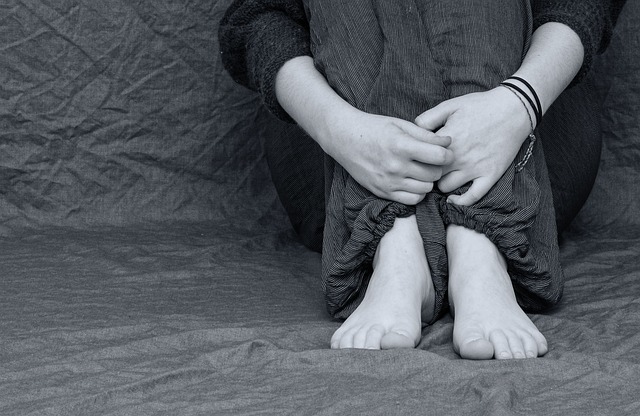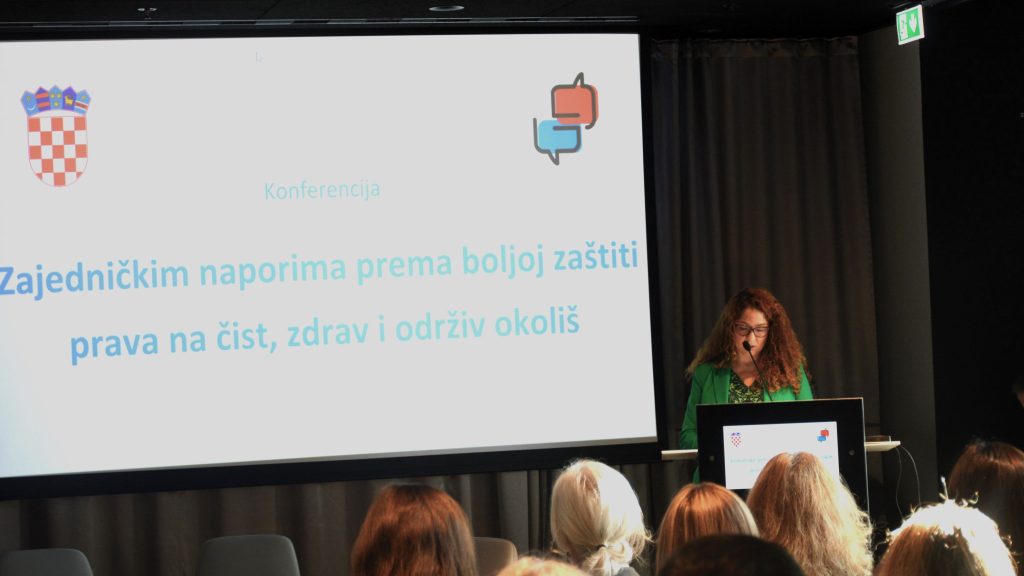On 6 June, the Croatian Parliament proclaimed the National Day of the Rights of Persons with Mental Disabilities, which has been observed since 2012. It serves as an opportunity to highlight the numerous challenges faced by these individuals – frequent prejudice and stigmatization (for example, one in five respondents in our discrimination survey stated they would feel uncomfortable working with a colleague who is a person with mental disabilities), as well as social exclusion and other forms of human rights violations. They may also be subjected to degrading and inhuman treatment.
The Office of the Ombudswoman protects the rights of persons with mental disabilities through several of its mandates. Based on the ombudsman procedure, it acts on complaints and initiates cases on her own initiative. As part of its mandate as the National Human Rights Institution, it monitors the human rights situation and reports on the challenges faced by persons with mental disabilities. Additionally, under the mandate of the National Preventive Mechanism for the prevention of torture and other cruel, inhuman or degrading treatment or punishment (NPM), it conducts preventive visits to facilities where persons with mental disabilities are deprived of liberty.
The complaints received in 2024 were mostly related to the validity of voluntary consent and placement in closed wards, restrictions on freedom of movement, the use of coercive measures against voluntary patients, and a lack of information provided to patients regarding their right to withdraw consent.
Namely, the placement of voluntary patients in closed wards constitutes a deprivation of liberty, a fact the Ombudswoman has been pointing out for years. This concern was also highlighted by the European Committee for the Prevention of Torture and Inhuman or Degrading Treatment or Punishment (CPT) of the Council of Europe in its most recent report on its regular visit to Croatia. Accordingly, in her most recent report to the Croatian Parliament in March this year, the Ombudswoman reiterated the recommendation to psychiatric institutions not to restrict the freedom of movement of voluntary patients, bearing in mind that a person who has given informed consent may withdraw it at any time. It is also necessary to improve patients’ awareness of their health condition, treatment procedures, the therapy they receive, and their other rights, as some patients have complained of insufficient information.
As for the living conditions of persons with mental disabilities, the situation varies by institution. While there are positive examples, some facilities fail to meet prescribed standards, negatively affecting patients’ rights – for example, their privacy or dignity – and in some cases leading to inhuman or degrading treatment.
Unfortunately, a significant issue is the lack of professional staff, which in certain situations can impact the regular development, implementation, and monitoring of individual treatment plans, as well as the proper documentation of the use of coercive measures.
Therefore, in order to improve the situation and more effectively combat stigmatization and discrimination of persons with mental disabilities, it is necessary to strengthen intersectoral cooperation, especially in the area of health and social care; to enhance community-based mental health support and service availability; to expand hospital capacities by ensuring a sufficient number of healthcare professionals with dignified working conditions; to improve living conditions; and to place greater emphasis on respecting the autonomy and dignity of patients. Treatment planning should be recovery-oriented and individually tailored, and efforts should be made to improve awareness of their rights.
A detailed analysis and assessment of the situation related to this topic can be found in the 2024 Annual Report of the Ombudswoman.





